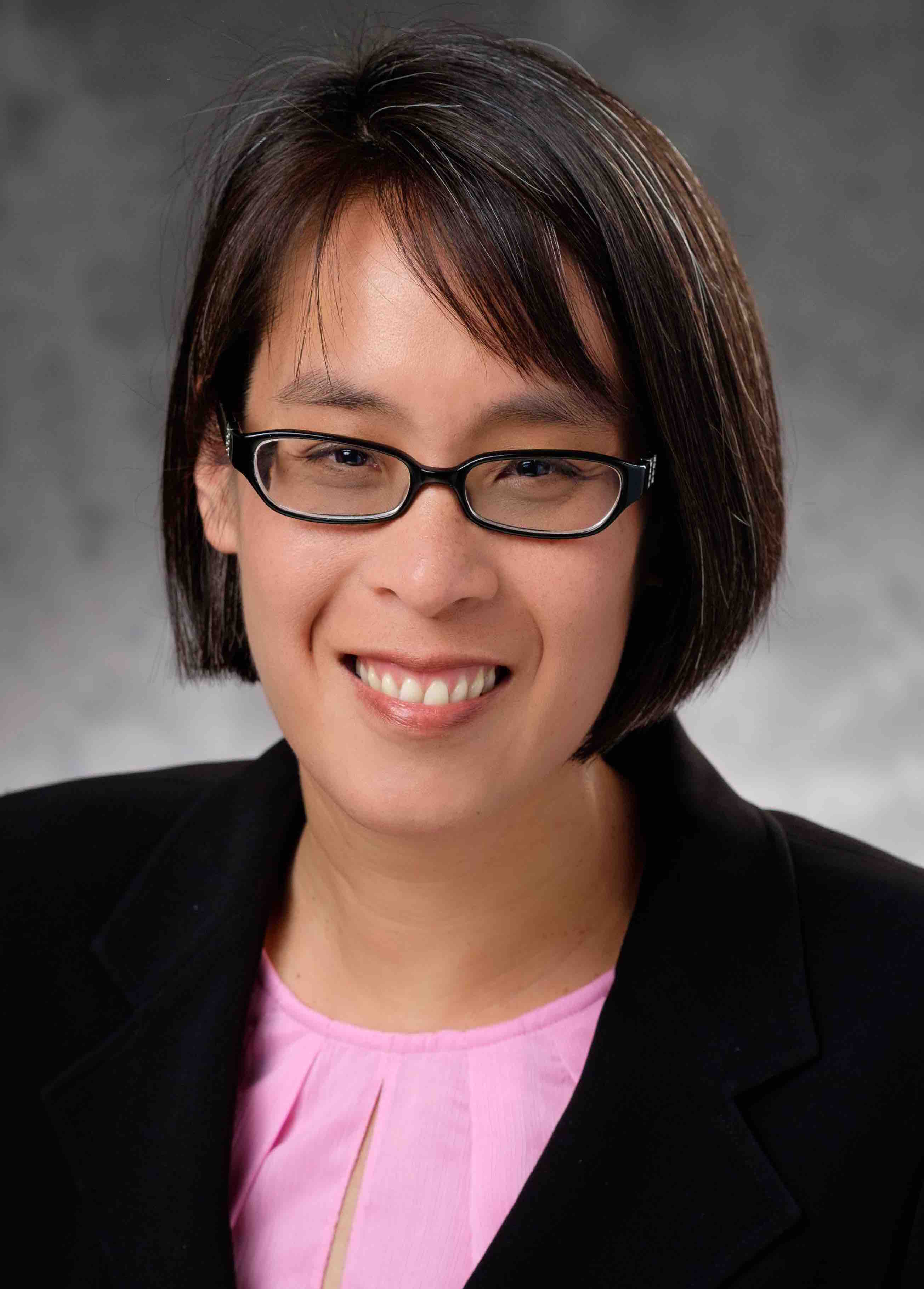E-Newsletter - December 2019
Alliance Principal Investigator Perspectives
Building community trust to grow underrepresented minority clinical trial participation in southeastern Wisconsin
By Tina W.F. Yen, MD, MS
W.F. Yen, MD, MS
Professor of Surgery, Division of Surgical Oncology
Alliance Principal Investigator
Froedtert and the Medical College of Wisconsin LAPS
I am a surgical oncologist who joined the Medical College of Wisconsin (MCW) in Milwaukee in 2004. At that time, MCW was very active in the American College of Surgeons Oncology Group (ACOSOG). In 2013, I was asked to serve as MCW’s Principal Investigator for the Alliance. Over the last seven years, I am proud of MCW’s dedication to the Alliance, manifested by a significant increase in accrual to Alliance trials (three-year average of three in 2014 to 56 in 2019) and presence of MCW faculty serving on committees.
Froedtert and the Medical College of Wisconsin regional health network is a partnership between Froedtert Health and MCW that supports a shared mission of patient care, innovation, medical research and education. We largely serve the eastern Wisconsin region, including the greater Milwaukee metropolitan area. We see more patients with cancer, open more cancer trials and enroll more patients on trials than any other institution in the state of Wisconsin. Our researchers and physician scientists have built beacon programs in multiple myeloma, leukemias, bone marrow transplant, breast and pancreatic cancers, and adaptive imaging. In the last five years, our annual interventional trial accrual has increased by almost 250 percent and the number of interventional investigator-initiated trials open to accrual has tripled. We were recognized for our dedication to oncology research by our selection as an NCTN Lead Academic Participating Site (LAPS) in 2019.
Our catchment area includes 85 percent of Wisconsin’s African Americans, 73 percent of the state’s Hispanic and Latino persons and 66 percent of Wisconsin’s American Indian population. The heart of the catchment area is the city of Milwaukee, the largest city in Wisconsin and most segregated urban area in the U.S. We feel a deep responsibility to our community and patients, including offering all cancer patients participation in cancer clinical trials. The percentage of minority patients with cancer enrolling onto interventional trials has more than doubled in the last five years. We still have a long way to go, but I would like to share some of our approaches that have significantly increased minority clinical trial accrual.
In 2013, MCW launched the Inclusion in Research and Clinical Trials Education Campaign, a clinical trials awareness campaign to engage the minority populations in clinical research. This campaign continues today, and highlights include:
-
Hiring a clinical trials navigator through a partnership with the American Cancer Society whose focus is minority recruitment.
-
Listening and trust building through our Community Conversations series. These events are created with a trusted community partner and address cancer and research in a transparent, culturally humble and community-driven way. Topics in the African American community focus on mistrust of the medical system and cancer research, using movies and books about Henrietta Lacks and the Tuskegee experiments to spark and facilitate conversation.
-
Coordinating media and editorial content in Milwaukee’s major minority media (print and radio) outlets. This content addresses common cancer and clinical trials myths and fears.
-
Funding a project to collect data on attitudes and barriers to clinical trial participation in Milwaukee’s African American community, with a community PI who is the managing editor of Milwaukee’s largest African American newspaper. The study results were shared at a Town Hall meeting and resulted in an internal communications campaign for clinical research faculty and staff, featuring specific Grand Rounds talks about minority participation in clinical trials. Other sessions included education on implicit bias and microaggression, provided by the YWCA of Greater Milwaukee.
Currently, MCW has three ongoing NCI-funded interventional cancer screening and lifestyle studies that target underrepresented minority populations in the community. To date, we have enrolled more than 1,070 minority participants and anecdotal feedback from participants has been positive. We hope to see future participation in interventional treatment trials by these lifestyle study participants. All cancer centers struggle with minority trial participation. We hope that by our efforts and the commitment and work of many others, including the Alliance, American College of Surgeons Cancer Care Delivery Research (CCDR) Committee, Froedtert and the Medical College of Wisconsin LAPS and NCI Community Oncology Research Program (NCORP), we can work together to significantly narrow these disparities now and for future generations.
For other articles in this issue of the Alliance E-News newsletter, see below.
-
Building Community Trust to Grow Underrepresented Minority Clinical Trial Participation in Southeastern Wisconsin
Alliance Principal Investigator Perspectives - Tina W. F. Yen, MD, MS, Froedtert and the Medical College of Wisconsin LAPS -
The Times They Are a-Changin'
Alliance Transplant and Cell Based Therapies Committee - Miguel-Angel Perales, MD -
Lessons Learned: Research Implementation Strategies for Community Based Clinics Participating in Clinical Trials
Alliance Health Disparities Committee - Courtney Chu, University of Hawaii Cancer Center - 2019 Alliance/ASH Abstracts
- 2019 Alliance/SABCS Abstracts
- Spotlight on Alliance Trials Activated in 2019
- Alliance Foundation Special Project Allocation
- Recap: 2019 Alliance Fall Group Meeting | November 7-9
- Happy Holidays from Alliance


